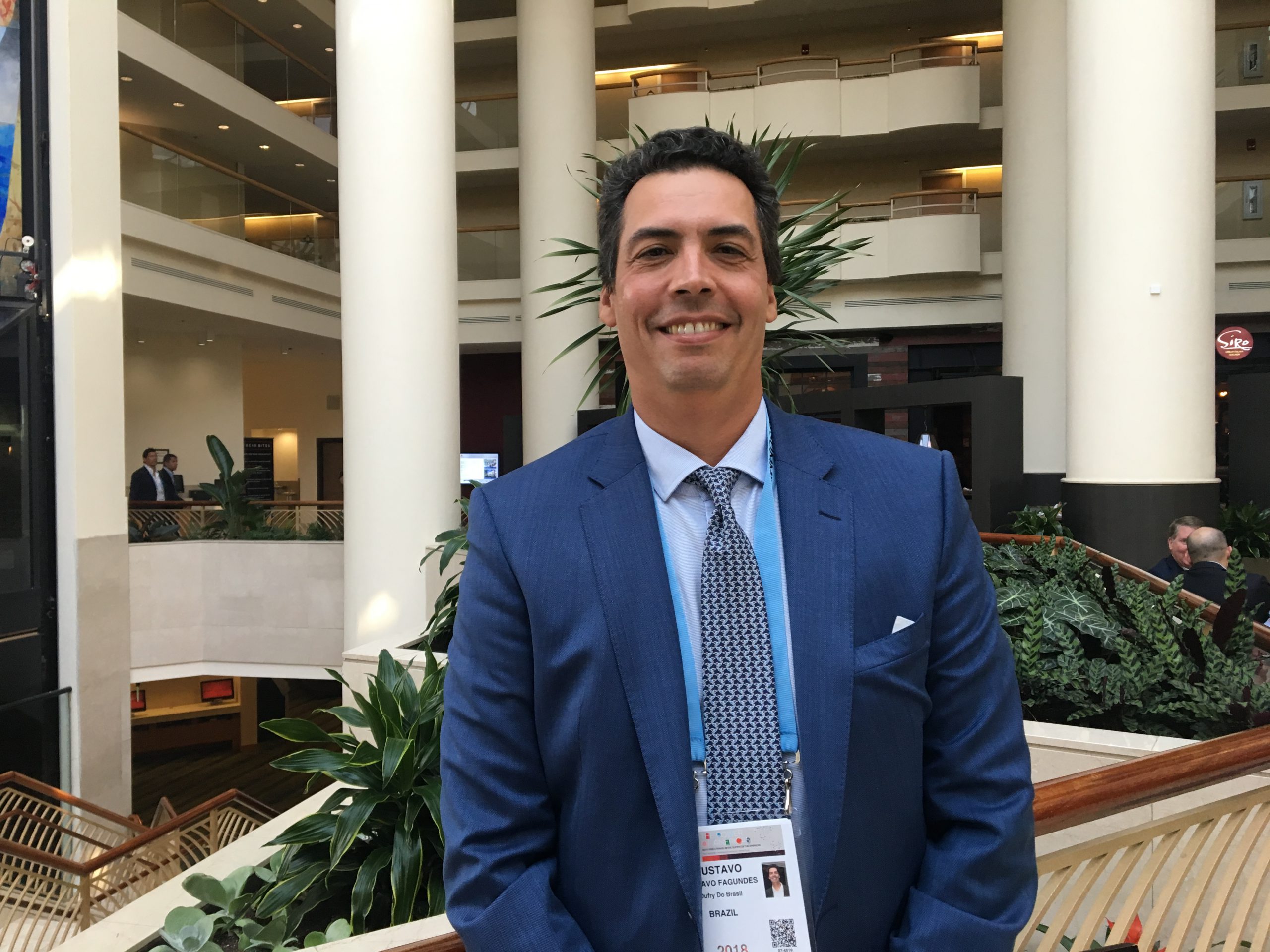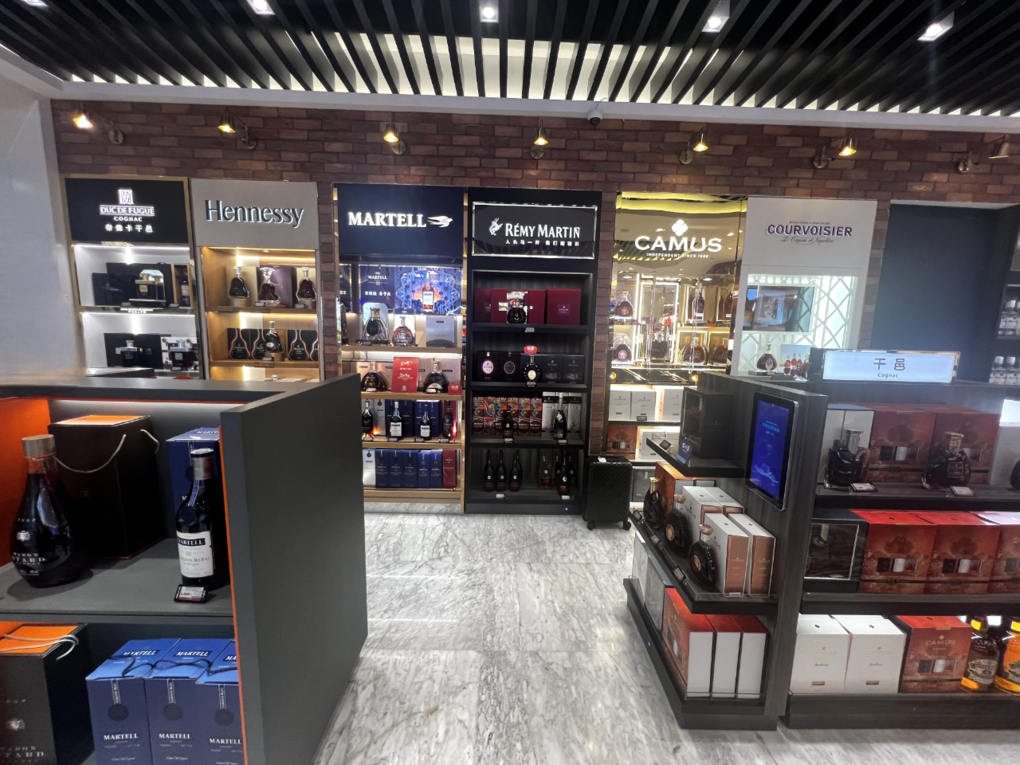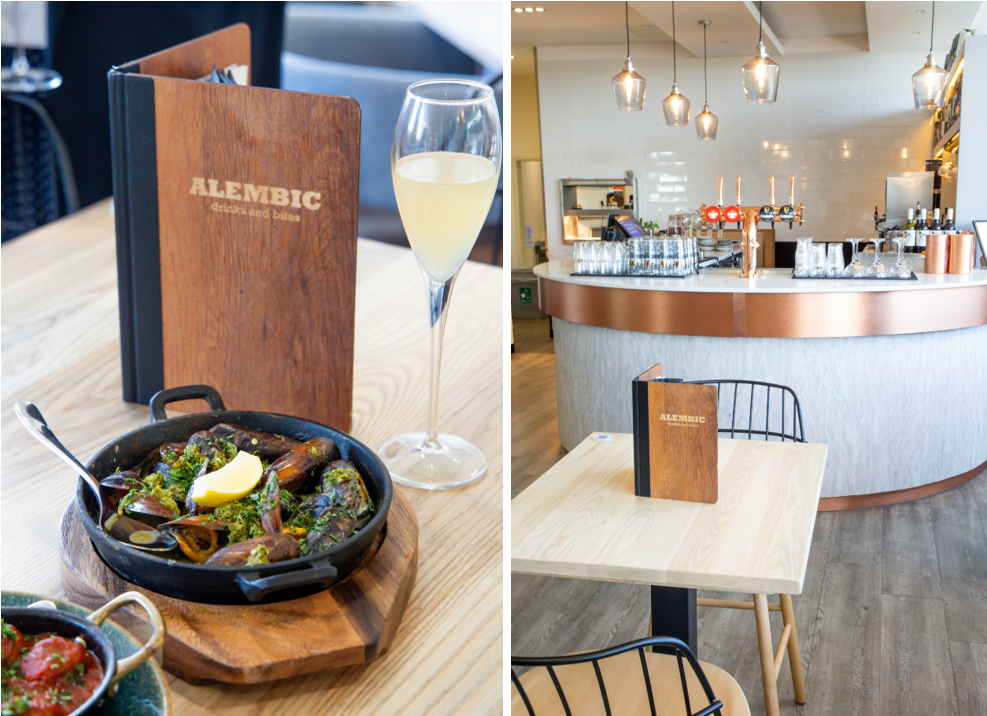BRAZIL. Regulation permitting the opening of land border duty free stores in Brazil was finally given the green light by Brazilian Customs authorities on Friday (16 March).
The long-awaited news was revealed by ASUTIL President and Dufry General Manager Brazil & Bolivia Gustavo Fagundes during this morning’s conference at the inaugural Summit of the Americas.

As reported, the law permitting the shops was passed back in 2012 but various bureaucratic and political issues have delayed the authorisation of the stores.
“This is an open market of opportunity,” Fagundes told The Moodie Davitt Report in an exclusive follow-up interview. “The legislation has taken almost 5-6 years to come into fruition.
“It is designed to be an open and inclusive model. But this open market is going to require the industry to organise itself to make this model work. All stakeholders – suppliers, retailers and so on – must look at how to drive this model in the most successful way. It will be a learning curve,” he said.
A key meeting in early December convened by UNALE (the National Union of State Legislators), and attended by executives from ASUTIL, Dufry, Neutral, London Supply, Diageo, the Chamber of Free Shop Entrepreneurs of Uruguay (CEFSU) and Brazil’s Federal Revenue & Customs service (Receita), finally paved the way for Brazilian land border shops to open later this year. They will be able to sell both on arrivals and departures.
With the go-ahead from Customs, stores will now be permitted to open in any of Brazil’s 32 twin cities (see map below) that border variously with Uruguay, Argentina, Paraguay, Peru, Bolivia, Colombia, Venezuela, Guyana, Suriname and French Guiana. Stores could open as early as August, but will depend on various logistical factors.

“The main idea is to develop these 32 cities so the borders of Brazil are stronger. It’s such a huge frontier so this regulation aims to boost trade among the cities on these borders,” Fagundes explained.
Some cities have more demographic density, therefore present a bigger opportunity. Those that are less dense in terms of population will be more challenging to operate in, said Fagundes.
“Of course, the borders that have higher tourism and are more organised on the other side in terms of duty free – such as Iguazu Falls – will be the ones that everyone will look at first. People will already be used to buying there,” he said.
Allowance
The scope of the duty free stores on the Brazilian border will be huge, according to Fagundes: “The product offering is very broad, from basic brands to high-value products.”
Brazilians will be able to buy goods up to a value of US$300 (as the allowance currently stands). The stores will offer a full range of imported or Brazilian products, excluding cars. Alcohol and tobacco will be subject to volume allowances.
Brazilians currently can buy goods up to a US$300 value allowance in neighbouring countries’ border stores, but it is Receita’s intention that this be reduced to US$150 unless a global MERCOSUR (a trade bloc comprising Argentina, Brazil, Paraguay and Uruguay) agreement is struck.
A new Customs system will control quotas for individuals with allowances checked electronically. If an individual goes over their monthly allowance, they will have to pay +50% of the surplus. For example, if you make purchases of US$350 in one month, you will have to pay an additional US$25.
Open market
Fagundes said the first move for the industry, and interested bidders for the new permits, will be to ensure the system works as it has yet to be tested by retailers.

Furthermore, the permits are available to any companies, not just those operating in travel retail already. The requirement for company permits is equity of just 2 million Reals (US$700,000). The legislation does not require any prior industry experience to be able to open one of the new stores.
“It is going to be challenging on some borders. It’s such an open market so we’re going to learn a lot, in some areas we are going to get a lot of basic brands into duty free.
“It will be a learning curve to see how the industry and the country can benefit from this. It’s very important that we get organised and we try to drive this growth opportunity for the industry with a profitable and long-term view. That is the key,” added Fagundes.
NOTE TO AIRPORT OPERATORS: The Moodie Davitt Report is the industry’s most popular channel for launching commercial proposals and for publishing the results. If you wish to promote an Expression of Interest, Request for Proposals or full tender process for any sector of airport revenues, simply e-mail Martin Moodie at Martin@MoodieDavittReport.com.
We have a variety of options that will ensure you reach the widest, most high-quality concessionaire/retailer/operator base in the industry – globally and immediately.
Similarly, The Moodie Davitt Report is the only international business intelligence service and industry media to cover all airport consumer services, revenue-generating and otherwise. We embrace all airport non-aeronautical revenues, including foreign exchange, property, passenger lounges, car parking, hotels, hospital and other medical facilities, the Internet, advertising and related revenue streams.
Please send relevant material, including images, to Martin Moodie at Martin@MoodieDavittReport.com for instant, quality global coverage.










